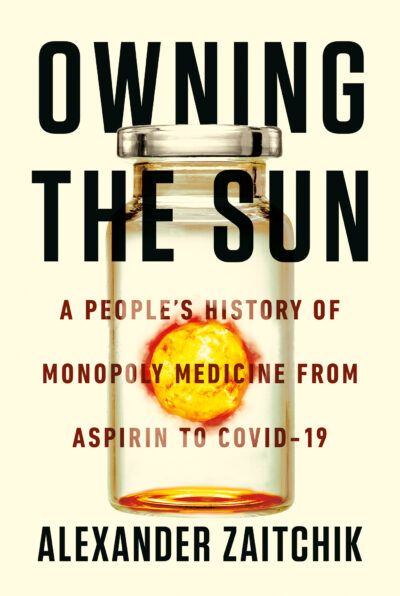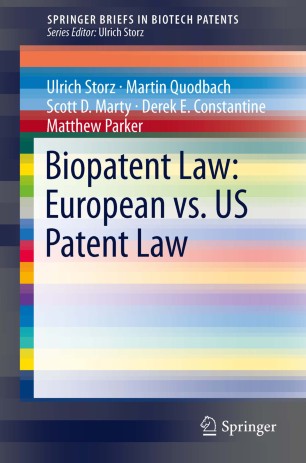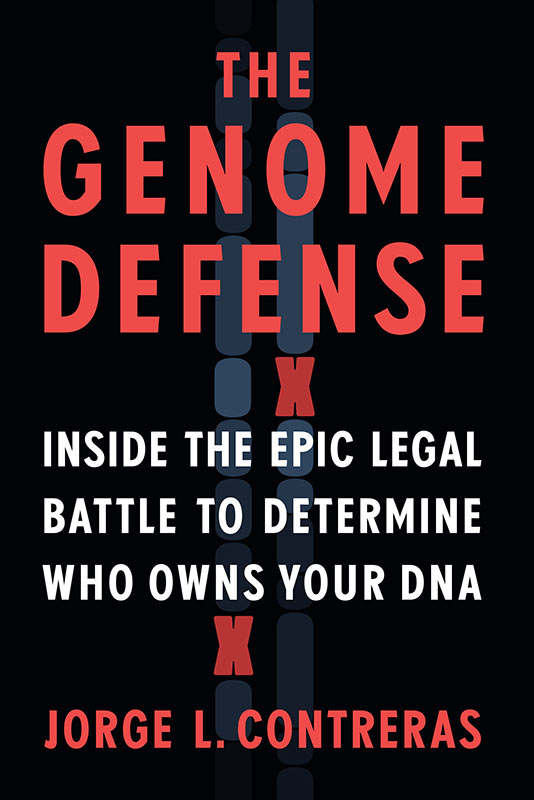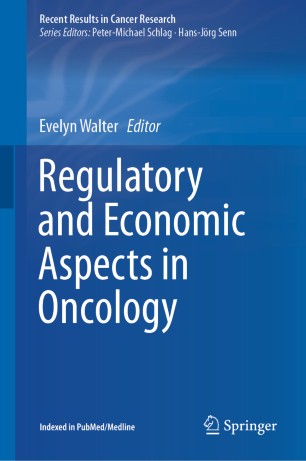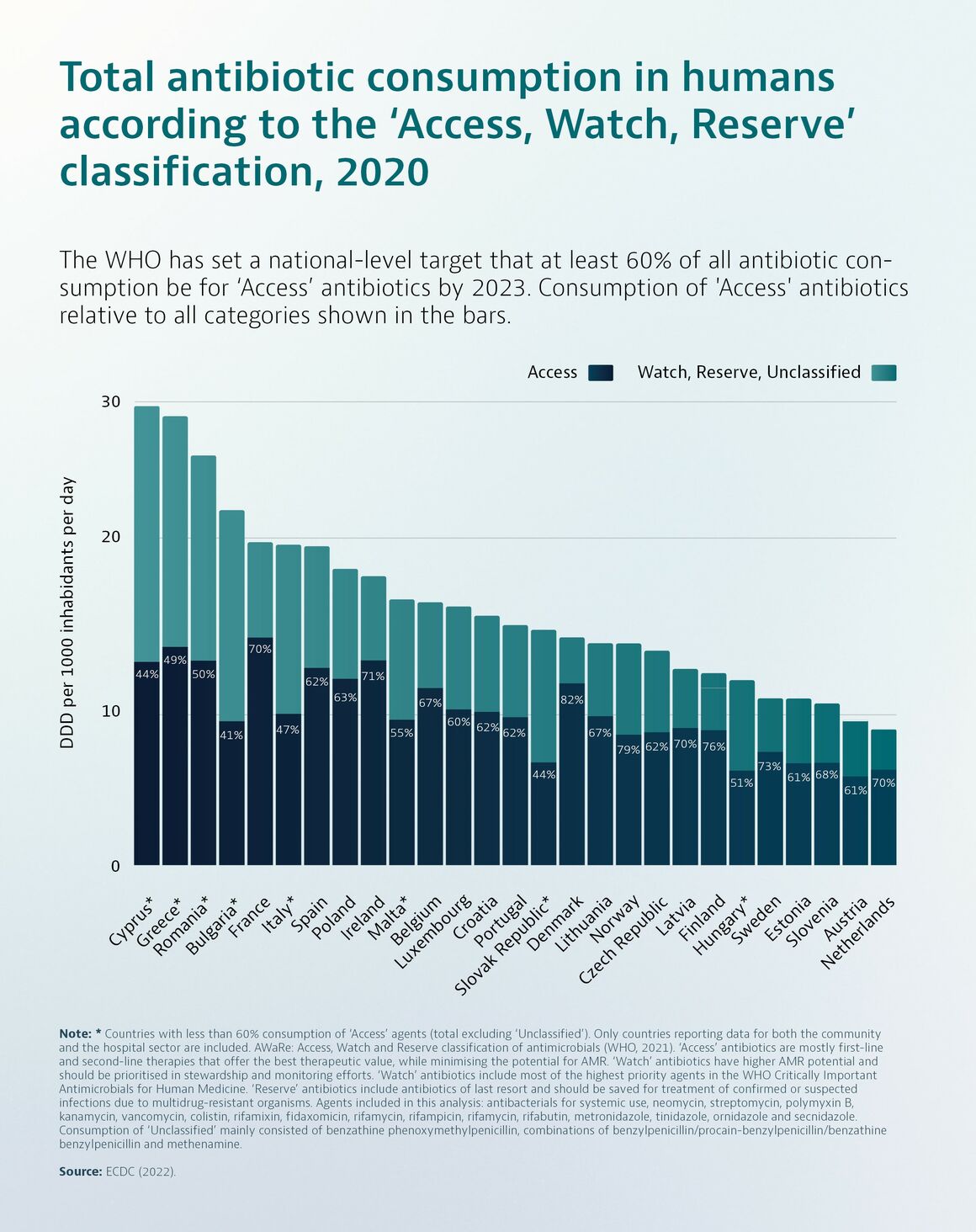When Innovation Goes Wrong: Technological Regress and the Opioid Epidemic
The medical use of opioids to treat pain will always involve costs and benefits, and the optimal level of opioid prescription is unlikely to be zero. The mistake that doctors and prescribers made in recent decades was to assume overoptimistically that a time release system would render opioids non-addictive. Thousands of years of experience with the fruits of the poppy should have taught that opioids have never been safe and probably never will be. The larger message of the opioid epidemic is that technological innovation can go badly wrong when consumers, professionals, and regulators underestimate the downsides of new innovations and firms take advantage of this error. Typically, consumers can experiment with a new product and reject the duds, but with addiction, experimentation can have permanent consequences.
A must read, by Cutler et al.



